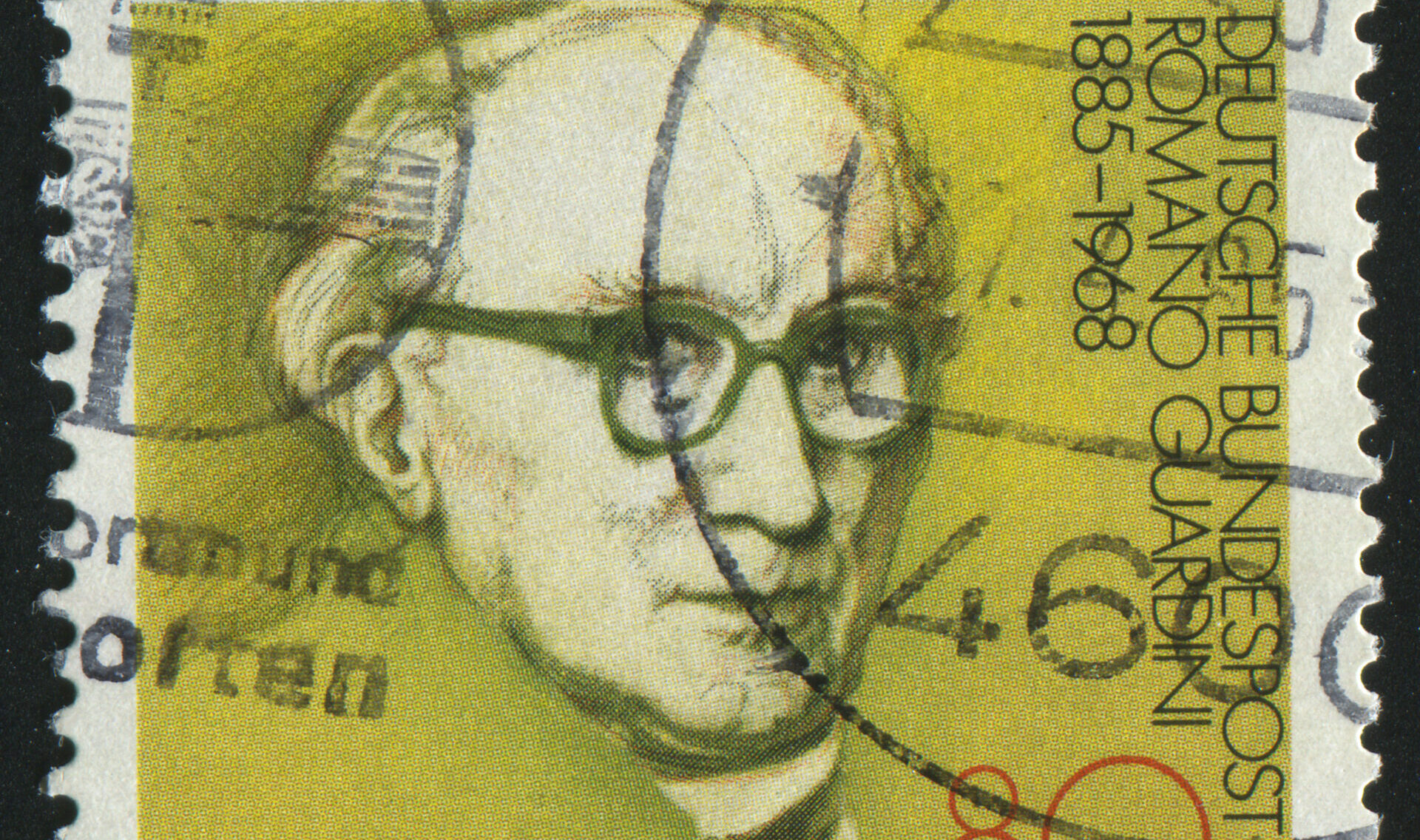A: The Sunday obligation is articulated in Canon 1246 of the 1983 Code of Canon Law where we read that “Sunday, on which by apostolic tradition the paschal mystery is celebrated, must be observed in the universal Church as the primordial holy day of obligation.” Canon 1247 specifies an essential way that this day of obligation must be observed: “On Sundays and other holy days of obligation, the faithful are obliged to participate in the Mass.”
This obligation is not, however, understood in an absolute way. The Code of Canon Law (CIC) itself foresees that “participation in the eucharistic celebration” might be “impossible because of the absence of a sacred minister or for another grave cause” (CIC 1248, §2). According to the Catechism of the Catholic Church (CCC), examples of such “serious reasons” are “illness” and the “care of infants” (CCC, 2181). As John Meinert and Emily Stimpson put it, if “you’re seriously ill, wounded, or contagious with a communicable virus (such as the stomach flu), you’re not deliberately missing Mass. Likewise, if you’re caring for someone who is seriously ill or injured and who needs constant attention, and there is no one available to relieve you, you’re also not deliberately missing Mass. The same goes for not having transportation or any possible means of getting to Mass” (Christ Alive in Us, 49).
Also foreseen are possibilities where though it might not be “impossible” to attend Mass on Sunday, an individual might be dispensed “from the obligation of observing a feast day” by his pastor for a “just cause” (CIC 1245). A “just cause” is distinguished from a “grave cause” and is generally understood as being low-bar canon-law-speak for some good reason or “reasonable cause.” It is left to the pastor’s discretion to judge what constitutes a “just cause.” However, the pastor cannot simply declare that no one in his parish has to observe the Sunday obligation for a given week. The pastor’s power to dispense is restricted to “individual cases,” which refer not only to single instances, but might also refer to individual situations that are ongoing, e.g., a firefighter who needs to be at work one Sunday each month during the times of all Sunday Masses. Perhaps a farmer might be in desperate need to harvest a crop and so requests a dispensation from his pastor. The pastor considers the spiritual good of the parishioner and weighs the cause being put forward for the dispensation. The law also gives the pastor the ability to commute the obligation to another pious work (CIC 1245). For example, during the height of the Covid pandemic, a couple with severe health issues were concerned about going to Mass in a crowded church. The pastor could have dispensed them from the Sunday obligation, but after discussing the situation with the couple he commuted the obligation to the attendance at another, less-crowded Mass during the week.
—Answered by the Editors
Take the Readers’ Quiz on the Seasons of Advent and Christmas!
You think answering liturgical questions is easy? If so, test your own knowledge on the various aspects of the forthcoming Advent and Christmas seasons online at: https://adoremus.org/christmasquiz/. Will you know the answers to these questions?
- What is the principal reason that Christmas is celebrated on December 25?
- Why does the beginning of Advent change each year?
- Is it correct to describe the Advent season as a kind of “mini-Lent”?
- Why are there no readings or prayers for Saturday of the Third Week of Advent?
- What are the restrictions (if any) on playing the organ and other instruments during Advent?
- Do the liturgical books give any direction on the placing of the Nativity scene in the church building?
- What Holy Days of Obligation occur during the Advent and Christmas seasons?
- How many Mass settings are there for the Solemnity of the Nativity?
- Which Advent or Christmas liturgy mentions “the one hundred and ninety-fourth Olympiad”?
- When does the Christmas season conclude?
Do you know the answers to these liturgical questions? Find out at https://adoremus.org/christmasquiz/.


